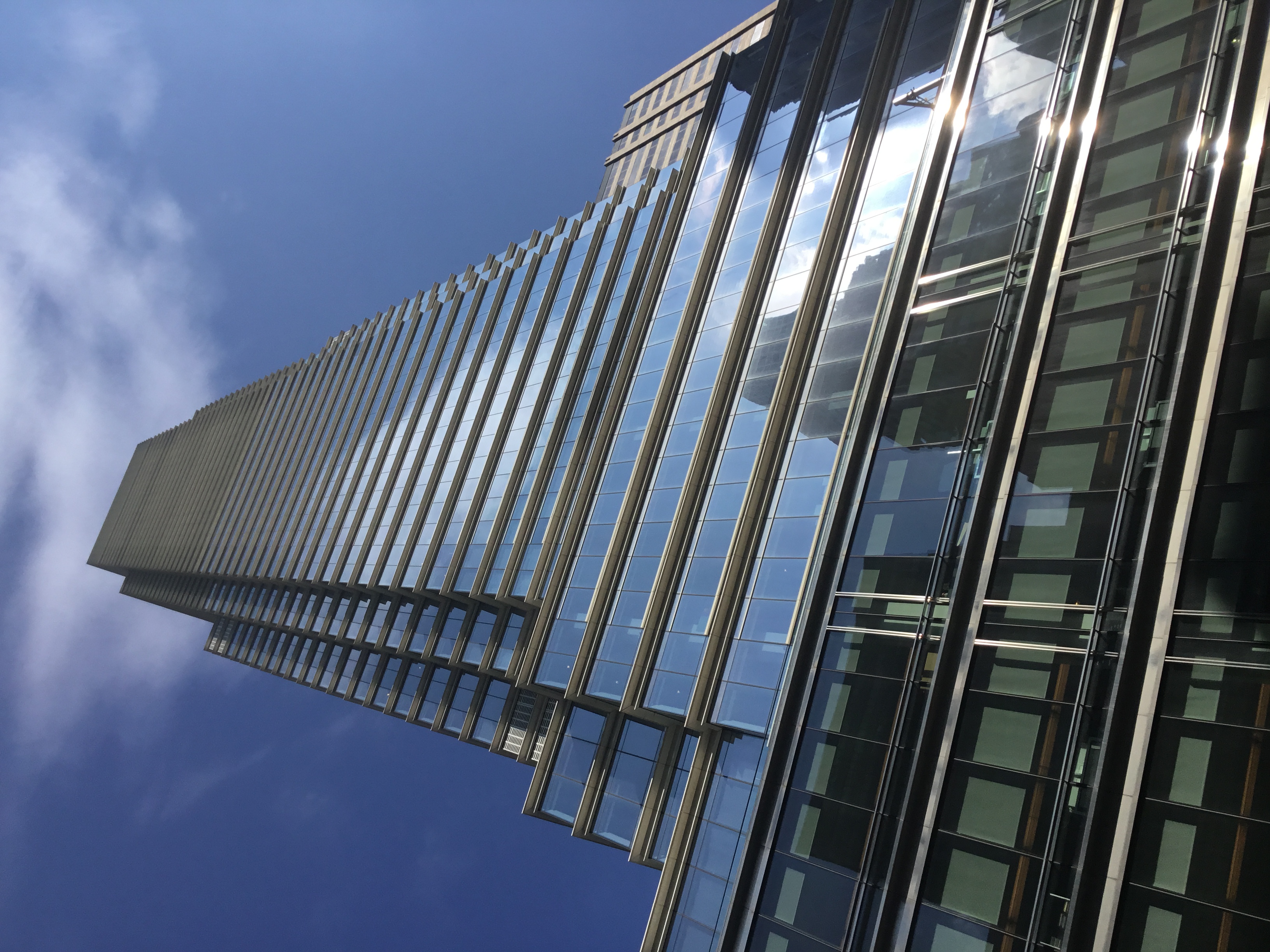Al Jazeera
Explore the comprehensive timeline of Al Jazeera, detailing its key milestones and significant developments from its inception to becoming a globally recognized news network. Delve into how Al Jazeera has shaped journalism and media over the years.
Al Jazeera's Launch
Al Jazeera was launched on November 1, 1996, as an independent news channel based in Doha, Qatar. It was established with a loan from the Emir of Qatar and started as an Arabic-language satellite TV news channel. It quickly became known for providing a different Arab perspective on news issues, in contrast to existing media outlets in the Middle East. The channel gained a reputation for covering controversial topics, airing uncensored debates, and challenging the status quo.
Coverage of the U.S. Invasion of Afghanistan
After the September 11 attacks in 2001, Al Jazeera gained international attention for its exclusive coverage from Afghanistan, showing footage of the U.S. military response, the bombings, and interviews with key Taliban figures. Al Jazeera was the only channel with a permanent office in Taliban-controlled Afghanistan at the time, providing unique insights and coverage. This placed it in the spotlight globally, as it aired exclusive interviews with Osama bin Laden and provided a Middle Eastern perspective on the events.
Launch of Al Jazeera English
Al Jazeera English was launched on November 15, 2006, expanding the network's reach to a global audience with English-language programming. The channel aimed to provide 'a voice to the voiceless' and cover regions and issues that were underreported in the Western media. With bureaus in diverse global locations, it focused on news from the Global South, offering an alternative perspective. The launch marked a significant step in Al Jazeera's evolution as a global media network.
Coverage of the Arab Spring
Al Jazeera played a pivotal role during the Arab Spring, starting in late 2010 and into 2011. Its unflinching coverage of protests and uprisings in Tunisia, Egypt, Libya, and other countries brought significant attention to the channel. Al Jazeera helped bring information to people across the region and the world, breaking news on developments and providing a platform for the voices of protesters. The network's coverage was instrumental in shaping international perception of the events as they unfolded.
Egyptian Revolution Coverage
Al Jazeera’s coverage of the Egyptian Revolution was a landmark moment for the network. On January 25, 2011, widespread protests erupted across Egypt, demanding the end of President Hosni Mubarak's 30-year regime. Al Jazeera provided continuous live coverage of events from Tahrir Square and other key locations, despite government attempts to shut it down. The network's reporting played a crucial role in documenting the revolution and highlighting the demands for democratic reform.
Closure of Al Jazeera's Bureau in Syria
On August 31, 2012, Al Jazeera closed its bureau in Damascus due to security concerns and intimidation faced by its journalists, amidst the ongoing Syrian Civil War. The network had provided extensive coverage of the conflict, offering insights into the events on the ground. Al Jazeera journalists faced significant risks, including threats and kidnapping attempts, which led to the decision to suspend operations there. The closure was a setback for Al Jazeera, halting its direct on-the-ground reporting.
Al Jazeera America Launch
Al Jazeera America was launched on August 20, 2013, aiming to compete with major U.S. news networks like CNN and Fox News by offering high-quality, in-depth news coverage. The channel focused on domestic and international news, with a commitment to cover stories ignored by other networks. Despite initial optimism, Al Jazeera America struggled with low viewership and distribution challenges in the U.S. media landscape, eventually leading to its closure in 2016.
Al Jazeera Journalists' Trial in Egypt
The trial of three Al Jazeera journalists - Peter Greste, Mohamed Fahmy, and Baher Mohamed - in Egypt attracted international condemnation. In December 2013, they were arrested and charged with spreading false news and aiding the Muslim Brotherhood. Their trial, seen by many as politically motivated, resulted in heavy prison sentences in June 2014. The case highlighted tensions between Egypt and the Qatar-based network due to its coverage of the Muslim Brotherhood.
Gulf Crisis and Al Jazeera's Role
On June 5, 2017, a major diplomatic crisis erupted when Saudi Arabia, UAE, Bahrain, and Egypt severed ties with Qatar, accusing it of supporting terrorism and destabilizing the region. A major demand was the closure of Al Jazeera, which the countries accused of inciting unrest. Qatar refused to comply, defending Al Jazeera as a legitimate news outlet. The network was seen as playing a critical role in expressing Qatar's softer foreign policy approach, causing contention with neighboring states.
Al Jazeera Investigative Documentary on Israeli Lobby
In early 2018, Al Jazeera released an investigative documentary exposing the influence of the Israeli lobby in the United States. The investigation, which was conducted secretly by an undercover reporter, sparked significant controversy and diplomatic tensions. The government of Qatar, which funds Al Jazeera, faced pressure from pro-Israel lobbyists in the U.S. and other stakeholders, resulting in a delay and eventual modification of the documentary before release.
Al Jazeera Office Bombing in Gaza
On May 15, 2021, a building in Gaza housing the offices of Al Jazeera and the Associated Press was destroyed by an Israeli airstrike. Israel claimed the building housed Hamas military assets, while Al Jazeera and other media organizations condemned the attack, emphasizing the impact on press freedom. The strike drew international criticism and highlighted the risks faced by media personnel covering conflicts in volatile regions.
Killing of Al Jazeera Journalist Shireen Abu Akleh
On November 29, 2022, Al Jazeera journalist Shireen Abu Akleh was killed while covering an Israeli military raid in the occupied West Bank. Shireen, a veteran Palestinian-American journalist, was shot during a gun battle in Jenin. Her death sparked widespread outrage and calls for an independent investigation, with Al Jazeera blaming Israeli forces for her death. The incident highlighted the dangers faced by journalists in conflict zones and renewed debates on press freedom and accountability.
Frequently asked questions about Al Jazeera
Discover commonly asked questions regarding Al Jazeera. If there are any questions we may have overlooked, please let us know.
What role did Al Jazeera play during the Arab Spring?
When was Al Jazeera founded?
What was significant about Al Jazeera's coverage in the early 2000s?
When did Al Jazeera launch its English-language channel?
Related timelines
More timelines connected to Al Jazeera







